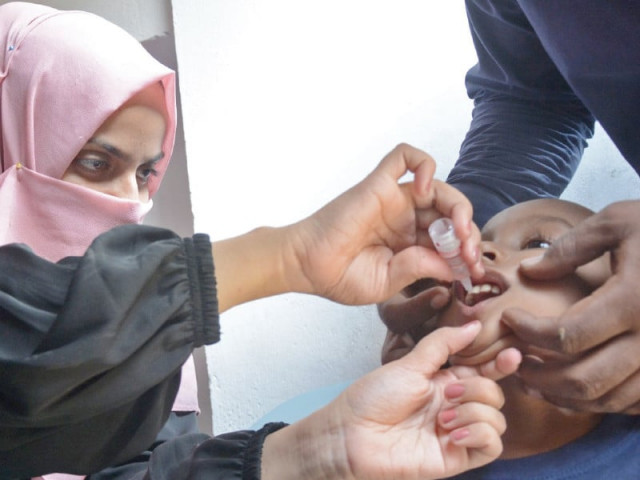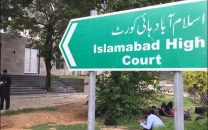500,000 children missed vaccinations in recent anti-polio drive: report
500,000 Pakistani children missed polio vaccinations in recent drive, with surging cases in 2023.

An estimated 500,000 Pakistani children missed polio vaccinations during this month's nationwide inoculation drive, confirmed the country's chief health official to foreign media outlet.
The primary reasons cited were refusal to vaccinate or unavailability due to travel during the campaign.
Pakistan has reported 48 polio cases this year, with 23 from Balochistan, 13 from Sindh, 10 from Khyber Pakhtunkhwa (KP), and one each from Punjab and Islamabad. The rising number of cases prompted the government to launch a nationwide vaccination campaign from October 28 to November 3, to vaccinate over 45 million children.
Polio continues to be endemic in Pakistan, one of only two countries worldwide where the disease remains a serious concern. The campaign faces numerous challenges, including misinformation, vaccine refusal, and violent attacks on health workers by militants.
Malik Mukhtar Ahmed Bharath, Pakistan's coordinator on national health services, told Arab News that despite the setback, the government is committed to tracking down and vaccinating the missing children. "We will chase them, we will track them, and we will vaccinate them," Bharath said.
The resurgence of polio cases in Pakistan is alarming, especially after a significant decline in cases over the past few years.
In 2023, Pakistan reported only six cases, but this year the figure has sharply risen. This surge is partly due to a large number of unvaccinated Afghan refugees who were repatriated and moved across the country, carrying the virus.
The security situation in some areas has also hindered vaccination efforts, with attacks on polio teams and law enforcement personnel increasing in recent months. Last month, a bomb blast targeted police protecting polio workers, killing five children and two police officers.
Bharath highlighted that over 90 polio workers have been killed in the line of duty since 2012. Despite these challenges, he emphasized that Pakistan’s polio program has one of the best surveillance systems in the world.
The authorities are focusing on high-risk areas such as Karachi, Quetta, and parts of KP, where polio remains persistent. A targeted strategy has been developed for these areas, and synchronized vaccination campaigns with Afghanistan are being planned to eliminate the disease.
The government remains hopeful that increased coordination with neighboring countries, along with a more tailored approach to each region’s unique challenges, will eventually lead to the eradication of polio.



















COMMENTS
Comments are moderated and generally will be posted if they are on-topic and not abusive.
For more information, please see our Comments FAQ